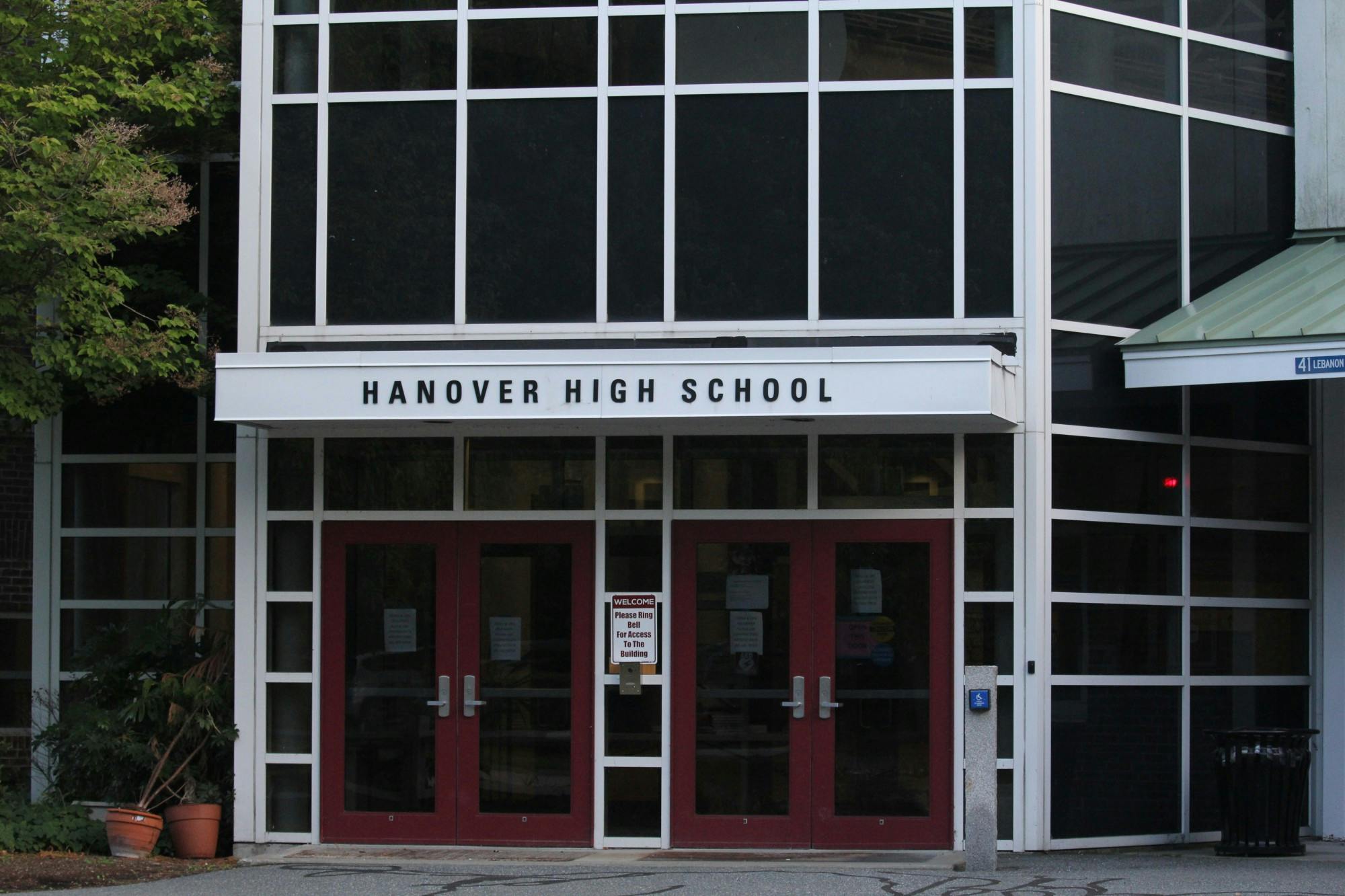As school reopening debates blaze across the country, Hanover and Norwich seem to have quietly dodged major battles.
Similar to their operations in the 2020-2021 school year, the School Administrative Unit 70 district, which includes four public schools on both sides of the Connecticut River, will return this year to fully in-person learning and will require mask wearing for at least the first two weeks of the fall. Unlike last year, the district will not offer a remote option. And unlike at Dartmouth, where the reinstatement of the indoor mask mandate sparked frustration among students, these decisions are not particularly controversial, according to both parents and school district administrators.
“We’ve had a very supportive community on all sides, with faculty and staff and parents,” assistant superintendent and pandemic response committee chair Robin Steiner said. “People have generally overall been very supportive of the steps that we’ve taken.”
Local parent Stephanie Tomlin, who until recently directed the Dartmouth Atlas Project — which maps nationwide health data — at the Dartmouth Institute for Health Policy and Clinical Practice, concurred. As an administrator for the “SAU 70 Parents, Guardians & Supporters” Facebook group, she has witnessed and waded into countless conversations between community members over the course of the pandemic.
“Moving into this school year, I think the vast majority of parents — although I’m sure there are some that don’t agree with this — I think the vast majority are excited to have our kids back in school,” Tomlin said. “We reflect on what I perceive … as what went really well in the last school year.”
The amicable consensus in SAU 70 stands in contrast to much of the rest of the country. Just 53% of the 100 largest school districts in the country will require masks this fall, despite Centers for Disease Control and Prevention guidance recommending universal masking in K-12 schools. In Texas and Florida, Republican governors have barred schools from implementing mask mandates, leading some rebellious schools to accept funding cuts or make masks part of the dress code. And in some districts, the spread of the Delta variant has led schools to offer virtual-only options for students again.
For SAU 70 administrators, their planning for the upcoming year was made easier by what they see as a successful school year last year. Out of 1,700 students, the district reported just around 10 cases of COVID-19 all year and zero cases of in-school transmission, Steiner said. Less than 10 staff tested positive all year as well, Steiner said, all from “outside contacts.” In comparison, 370 Dartmouth students and 78 faculty and staff have tested positive since July 1, 2020, according to the College’s COVID-19 dashboard.
Approximately 200 in-person students were quarantined at some point in the year due to potential exposure, but none ever tested positive, Steiner added. Only around 100 students chose to be fully remote all year, making the lack of cases that much more notable.
“We were so fortunate,” she said. “... I think we were really cognizant of maintaining the health of students within the school, and then with mask-wearing, social distancing, cleaning protocols and ventilation systems, all of that really worked to mitigate — preventing COVID from being in the schools.”
Widespread vaccinations have further bolstered district officials’ confidence. Steiner said that the vaccination rate among teachers and staff is “close to or over 90%.”
Student rates are more difficult to nail down. Hanover High School is still working on collecting data for freshmen and sophomores, as well as following up with students who received one shot in the spring to ensure they got their second, but Steiner predicted that the data will eventually show that around 90% of high schoolers are fully vaccinated. As of Tuesday, the school’s official — but incomplete, she stressed — figure is that 63% of students have already confirmed their full vaccination status.
The Frances C. Richmond Middle School in Hanover is split between students under 12 — ineligible for vaccination — and those 12 and over who are eligible, and Steiner said that vaccination data was not available for the school. However, she noted that “high numbers” of students were dismissed from school in the spring to get vaccinated when the Pfizer-BioNTech vaccine was approved for ages 12-15, indicating substantial uptake.
“We’re very optimistic that as long as everyone does their part like they did last year, and is making sure that they’re not going to school sick and that they’re wearing masks and getting vaccinated, we’re confident that we’re going to have another great school year,” Hanover school board chair Rick Johnson said.
A vaccine mandate for staff and students is under consideration, both Steiner and Johnson said, but the district has not decided one way or the other, Steiner added. Both said there is concern about the legality of a mandate and that it will likely be a topic of discussion in upcoming negotiations with the local teacher’s union.
The New Hampshire chapter of the National Educational Association, a teacher’s union, backed vaccine mandates for teachers on Aug. 13.
In addition to unequivocal support for mask mandates, local parents — including Tomlin, French and Italian professor Lucas Hollister and Dartmouth-Hitchcock Medical Center emergency medicine doctor Alison Kapadia — also voiced support for a vaccination mandate. They and their children are fully vaccinated or will be when eligible, they all said — so why not their teachers?
“I think that vaccine mandates are an obvious step,” Hollister said. “As a parent, we’re constantly having to keep our children’s vaccinations current for all sorts of things, to send them to camp, to send them to school. There are already vaccine mandates [for other diseases]. So I know that it’s become politicized, but I don’t see why.”
All three also expressed excitement for the upcoming in-person school year, given the success of the previous year. Kapadia said that her child, an eight-year-old going into third grade at the Bernice A. Ray Elementary School in Hanover, only spent one day at home last year — the day after many teachers got their second dose of the vaccine and called out sick due to side effects. That, she said, was “amazing,” given the pandemic.
“The Ray School and SAU 70 just really did a phenomenal job handling COVID,” she said. “I know there were some classrooms that had to go remote for a week or two if there was a positive case, but that was really uncommon and that was part of managing this pandemic so well.”
Hollister said that online activities provided by his six-year-old daughter’s day care at the start of the pandemic “didn’t take at all” for her; she had “no interest,” he recalled. When she entered Marion Cross Elementary School in Norwich last fall, the opportunity she had for in-person kindergarten all year was an “amazing gift.”
“It made a huge difference in our lives,” Hollister said. “Both my wife and I work full time, so having our daughter in school was a big deal.”
Tomlin emphasized the benefits she believes fully in-person education brings for her kids. Despite the spread of the Delta variant, she said the district is making the right call in bringing everyone back.
“I feel like we spend so much time on our screens that these kids in particular really need human interaction, and so they lost a lot of that during [the pandemic],” Tomlin said. “I’m very supportive of them being in school and having that.”





